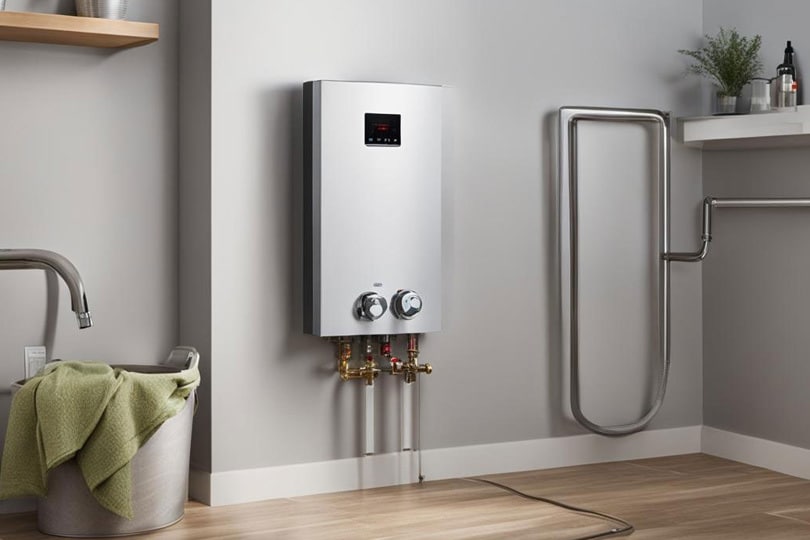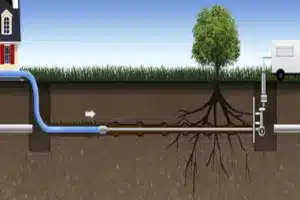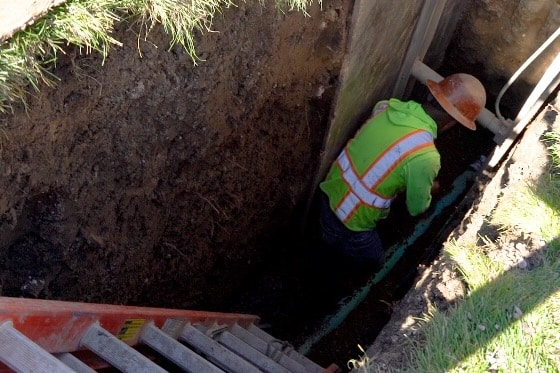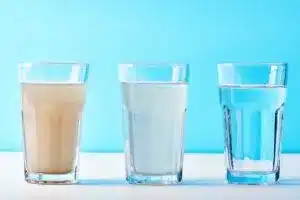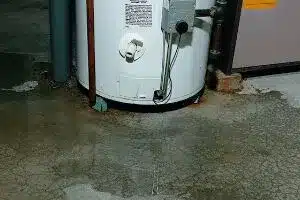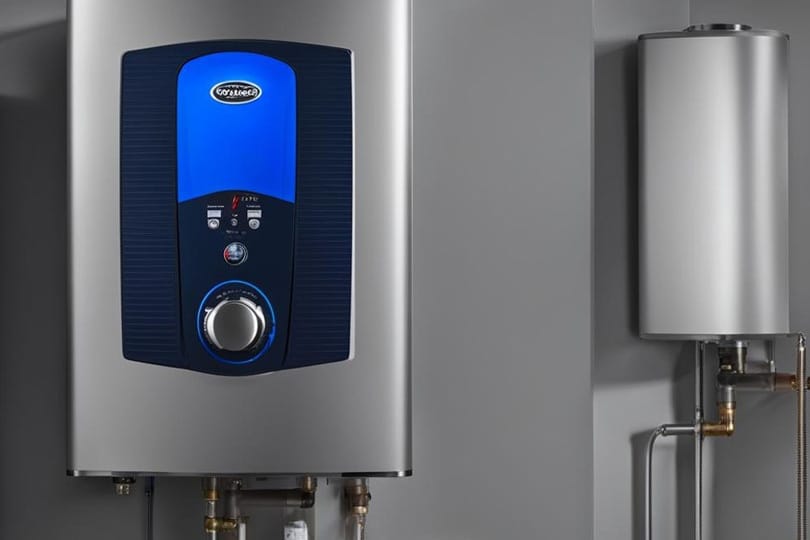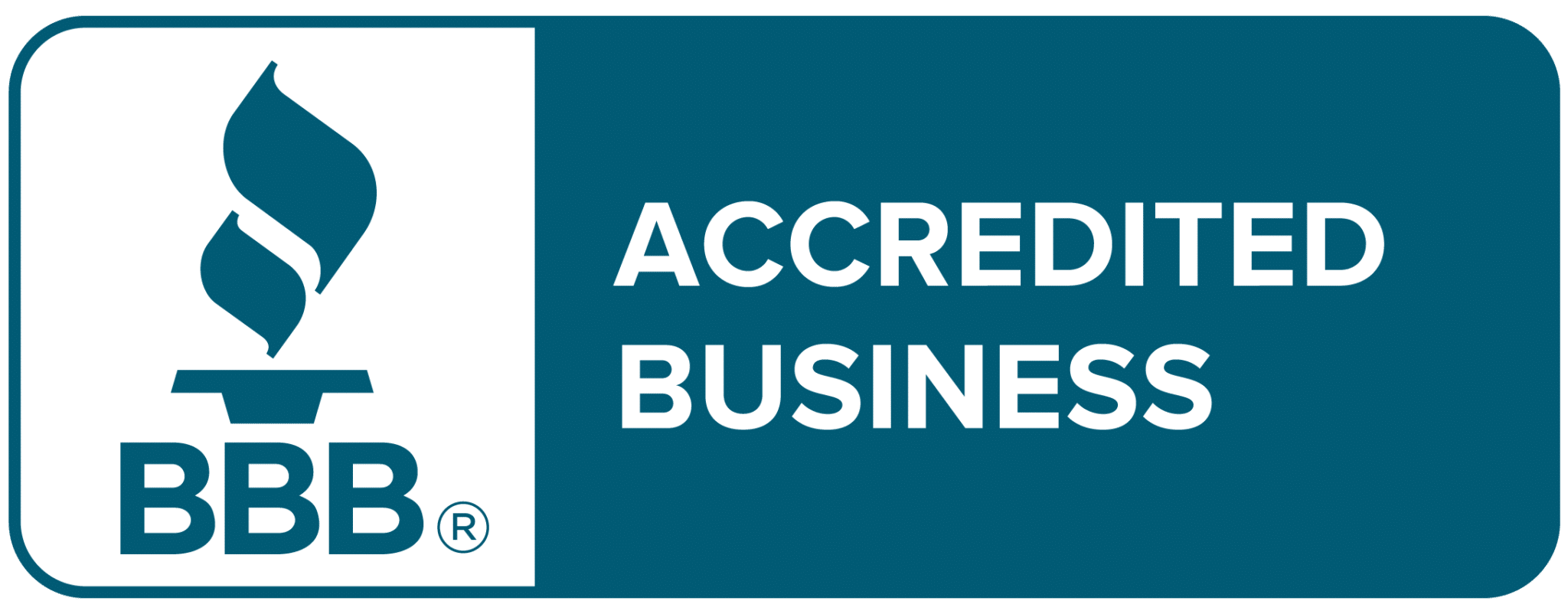Repiping your main water line can be one of the best home improvements you make to your home. You may wonder what the benefits of repiping your main water line are, or even what repiping means at all. Not only does it eliminate harmful bacteria from the water that you and your family drink, but repiping also helps your hot water last longer, reduces energy costs, increases energy efficiency, and improves indoor air quality as well.
This blog will explain everything you need to know about this procedure and how it can benefit you and your family!
What is the Main Water Line?
The primary source of water for a house is typically delivered through a line that runs from municipal services to every faucet, sink, and appliance inside. This is called your main or primary pipe. Over time, these pipes can become more and more susceptible to calcification and various other issues that may need to be addressed if you want reliable service for years to come.
What is Repiping?
Repiping is a common plumbing job that involves replacing an old piping system with a new one. The piping is usually made of copper or steel, or in some rare cases, both.
It’s most commonly used to replace pipes that have been corroded by sulfuric acid from well water. Another common use for repiping is to update an older galvanized pipe with newer materials like copper, PVC and so on. Still, others repipe in order to repair leaks or damage caused by freeze-ups in winter time. If you’re trying to decide whether or not it would be a good idea to repipe your main water line, here are a few advantages of doing so.
Top 5 Reasons to Replace Your Main Water Line
When looking at reasons why homeowners should repipe their main water line, there are many. Below are 5 of them.
1. Energy Savings
New plumbing is installed with more durable materials and technology, making your home more energy efficient. An older home might have galvanized piping that corrodes over time. Eventually, these pipes will need to be replaced, which means even bigger bills for heating and cooling. Replacing old pipes can help lower energy costs while keeping hot water temperatures steady, no matter what time of year it is.
2. Protects Against Damage
A major advantage of repiping is that it protects against damage to your home. Without a repipe, there is always a chance that a leak will develop in an old pipe which will then cause problems in some part of your home. A repipe prevents any leaks from happening since all of the pipes are brand new and durable. Also, there won’t be any debris or lime buildup which could affect any areas of your home’s functionality.
3. Increases Property Value
A new pipe can improve not only your own home’s value, but that of other properties on your street. The result is a nice boost to property values in your area as well.
4. Better Water Quality
Repiping can increase overall water quality, thereby making your drinking and bathing waters healthier. Repiping Water Lines will reduce health risks associated with pathogens (viruses and bacteria), heavy metals, nitrates, nitrites and other harmful chemicals that may find their way into a home’s water supply through corroded pipes.
In addition to improving drinking and bathing water quality, repiped services are often eligible for rebates from local government programs.
5. Peace of Mind
Repiping is a great way to reduce possible risks with mold and bacteria in your home or office. You’ll also avoid costly repairs that can occur from faulty pipes and leaks. In fact, leaking pipes cost homeowners $3 billion a year. By repiping all of your supply lines, you eliminate these problems once and for all.
Conclusion
Repiping is not a simple matter of replacing one pipe with another. It’s more complicated than that. You have to understand which pipes need replacing and why. And, most importantly, you have to decide whether or not repiping will work for your home. If you want to know if repiping will benefit you, be sure to reach out to Bulldog Rooter right away!


